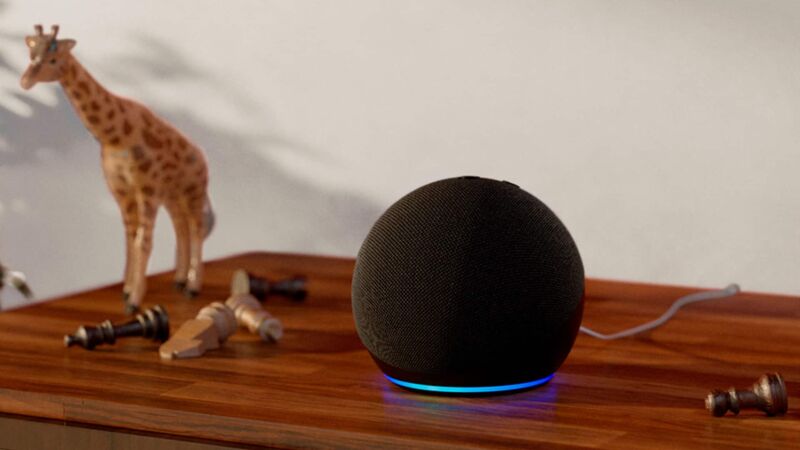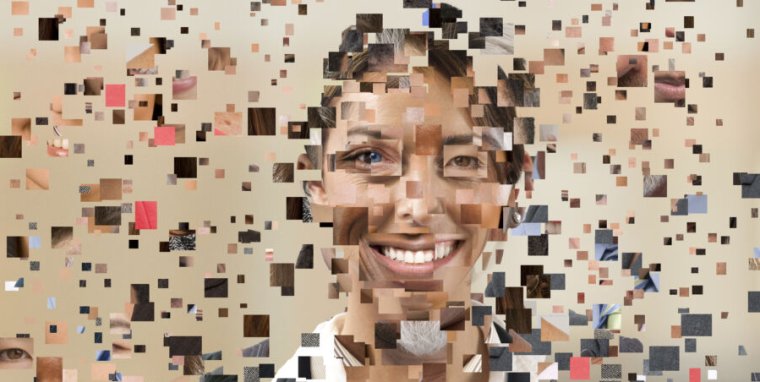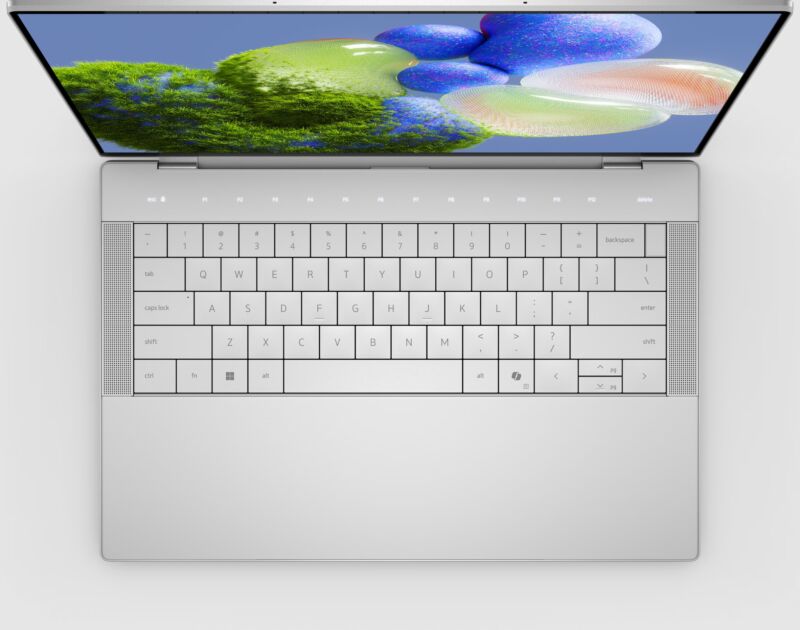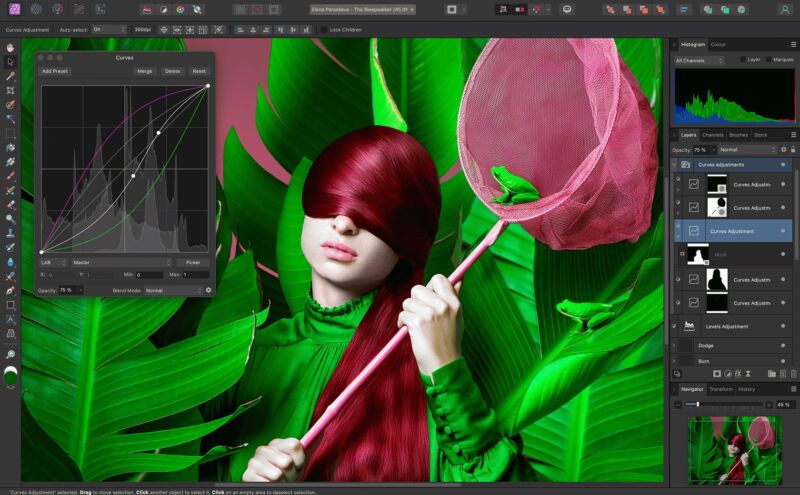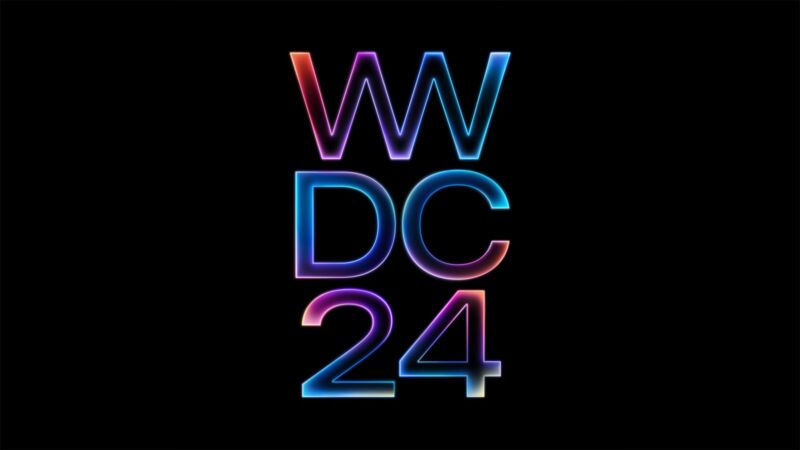 In his 1962 book,
Profiles of the Future: An Inquiry into the Limits of the Possible
, science fiction writer Arthur C. Clarke noted that “any sufficiently advanced technology is indistinguishable from magic.”
In his 1962 book,
Profiles of the Future: An Inquiry into the Limits of the Possible
, science fiction writer Arthur C. Clarke noted that “any sufficiently advanced technology is indistinguishable from magic.”
At the dawn of the 80s, when computers thrived on a single kilobyte of RAM, any enthusiast with access to Clarke’s book would’ve read his words, gazed at the 1,024 bytes of available RAM, and envisioned a galaxy of opportunity. As expectations have grown year-on-year, mainstream users of technology today are much less easily impressed, and fewer still experience magic.
Yet, there are solid grounds for even the most experienced technologists to reevaluate almost everything based on current AI innovation. Released on Wednesday, the astonishing Udio produces music from written prompts and seamlessly integrates user-supplied lyrics, regardless of how personal, frivolous, or unsuitable for work they are.
Udio and other platforms dedicated to generative AI are the kind of magic that can’t be undermined by looking up a sleeve or spotting a twin in the audience. Indeed, the complexities under the hood that generate the magic are impenetrable for the layman.
One thing is certain, however; Udio didn’t simply boot itself up one day and say, “I know Kung Fu (Fighting by Carl Douglas).” It was continuously fed existing content from unspecified sources before singing (or rapping) a single note. If a new bill introduced at the U.S. House of Representatives gains traction, Udio’s makers will have to declare every single song Udio was trained on, retrospectively.
The Generative AI Copyright Disclosure Act
Introduced by Representative Adam Schiff (D-CA) this week, the bill envisions “groundbreaking legislation” that would compel companies to be completely transparent when training their generative AI models on copyrighted content. From Sciff’s website:
The Generative AI Copyright Disclosure Act would require a notice to be submitted to the Register of Copyrights prior to the release of a new generative AI system with regard to all copyrighted works used in building or altering the training dataset for that system. The bill’s requirements would also apply retroactively to previously released generative AI systems.
“AI has the disruptive potential of changing our economy, our political system, and our day-to-day lives. We must balance the immense potential of AI with the crucial need for ethical guidelines and protections,” Rep. Schiff explains.
“My Generative AI Copyright Disclosure Act is a pivotal step in this direction. It champions innovation while safeguarding the rights and contributions of creators, ensuring they are aware when their work contributes to AI training datasets. This is about respecting creativity in the age of AI and marrying technological progress with fairness.”
The bill has huge support; the RIAA says that “comprehensive and transparent recordkeeping” are the “fundamental building blocks” of effective enforcement of creators’ rights, a stance echoed by ASCAP and, in broad terms, all groups listed at the end of this article.
Since the Directors Guild of America says it “commends this commonsense legislation,” a common sense perspective on the proposals shall be applied here.
Artists & Creators Deserve to Get Paid. Period
There can be no debate: the removal of existing art from the generative AI equation is impossible. The latter simply cannot exist without the former; the big legal debate seems to hang on whether consumption was protected under the doctrine of fair use, or was straightforward copyright infringement.
If the court finds in favor of fair use, it seems likely that no copyright holders will receive compensation. A finding in the other direction is likely to lead to copyright holders getting paid in some way, shape, or form.
Yet while the architects of the Bill claim that it “champions innovation while safeguarding the rights and contributions of creators,” the only realistic beneficiaries longer-term will be copyright holders with a significant enough profile to be identified for subsequent reporting.
In most developed countries, copyrights automatically apply as soon as creative works are created. This means there could easily be a billion creators with valid, albeit unregistered copyrights, in tens of billions of images, photos, videos, and music tracks, available online today.
The Bill claims to act on behalf of creators but in reality can only ever benefit an identifiable subset, with registered copyrights, for the purposes of “effective enforcement of creators’ rights,” according to the RIAA.
Join The Big Team or Get Nothing
Much like the proposal to “blow up the internet” in the movie Four Lions, the Bill hasn’t even considered what can and can’t be achieved. A centralized database, of all copyrighted works and their respective owners, doesn’t exist. Even if an AI development team wanted to report that a certain copyright work had been used, how can ownership of that content ever be established?
And then at some point, almost inevitably, content created with elements of other content, permissible under the doctrine of fair use, will be reported as original copyrighted content, when no payment for that use is required under law.
This leads to a number of conclusions, all based on how rights are currently managed. At least initially, if compelled to identify all copyright works used to the Copyright Office, that will only be useful to the subset of creators mentioned earlier.
In the long-term, smaller creators – who feel that they too deserve to get paid – will probably have to join the future equivalent of a Content ID program for AI. Run by those with the power to put such a system in place, these entities have a reputation of making the rules and keeping most of the money.
The bottom line is extremely straightforward: if creators should be rewarded for their work, then all creators should be rewarded for their work. There cannot be discriminatory rules that value one copyright holder’s rights over those of another. More fundamentally, don’t propose legislation without considering the burden of future compliance, and then double up with exponential difficulties associated with retroactive compliance, as the Bill lays out.
It’s a Kind of Magic, But Not Actually Magic
AI may achieve magical things, but it is not actually magic. The Bill requires AI companies, entities, to provide a “
sufficiently detailed summary of any copyrighted works used in the training dataset
” to the Register of Copyrights, not later than 30 days before the generative AI system is made available to the public. Or, read differently, enough time to prevent release with an injunction.
On the basis that this task simply cannot be achieved for all copyright holders, right across the board, the proposal fails. A ChatGPT instance didn’t reject the Bill or its proposals outright when given the details by us today. However, considering its dataset, and allowing a handling time of one second for each copyright work to be identified
in theory
, could take over 31 years to complete.
“This crazy number highlights the immense scale and complexity of the task. It emphasizes the need for innovative solutions, automation, and cooperation among stakeholders to navigate the challenges of copyright in the AI era,” one of the reasons for the debate concludes.
The Generative AI Copyright Disclosure Act can be found here (
pdf
)
The Generative AI Copyright Disclosure Act is supported by the Recording Industry Association of America, Copyright Clearance Center, Directors Guild of America, Authors Guild, National Association of Voice Actors, Concept Art Association, Professional Photographers of America, Screen Actors Guild-American Federation of Television and Radio Artists, Writers Guild of America West, Writers Guild of America East, American Society of Composers, Authors and Publishers, American Society for Collective Rights Licensing, International Alliance of Theatrical Stage Employees, Society of Composers and Lyricists, National Music Publishers Association, Recording Academy, Nashville Songwriters Association International, Songwriters of North America, Black Music Action Coalition, Music Artist Coalition, Human Artistry Campaign, and the American Association of Independent Music.
Image Credit
From:
TF
, for the latest news on copyright battles, piracy and more.
 chevron_right
chevron_right




